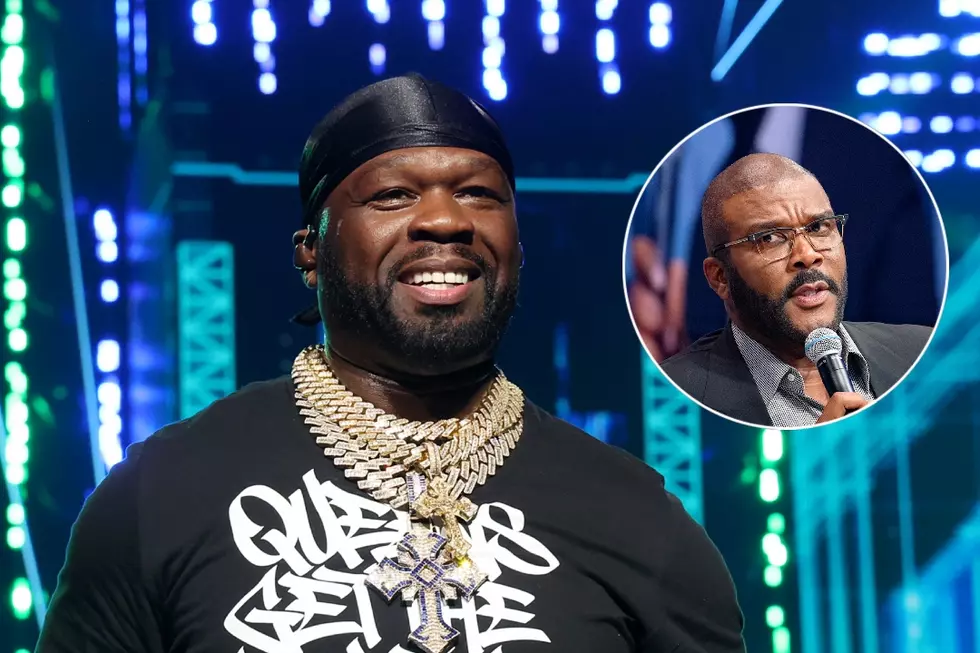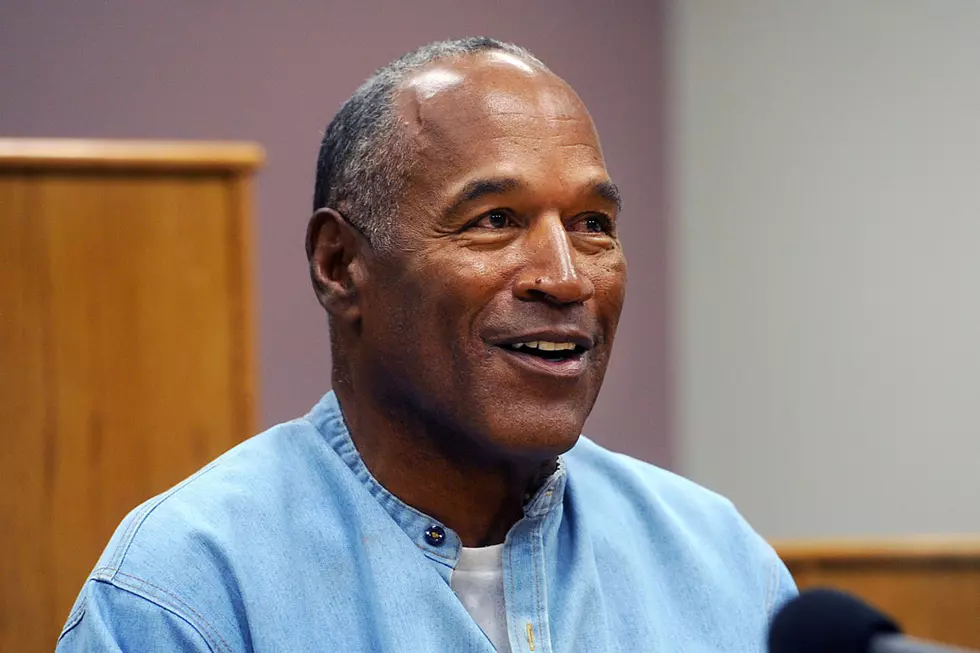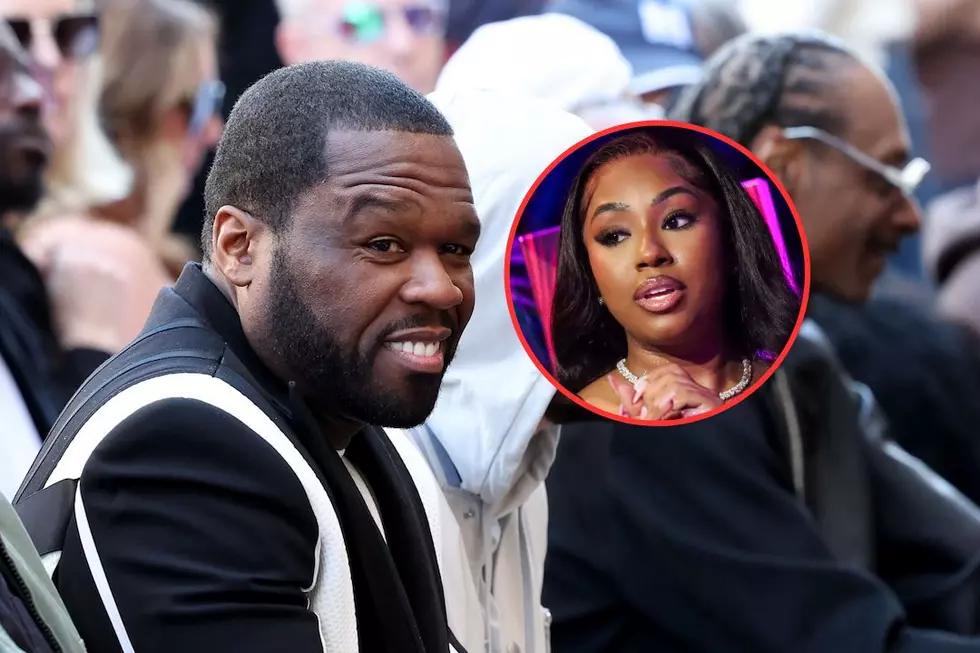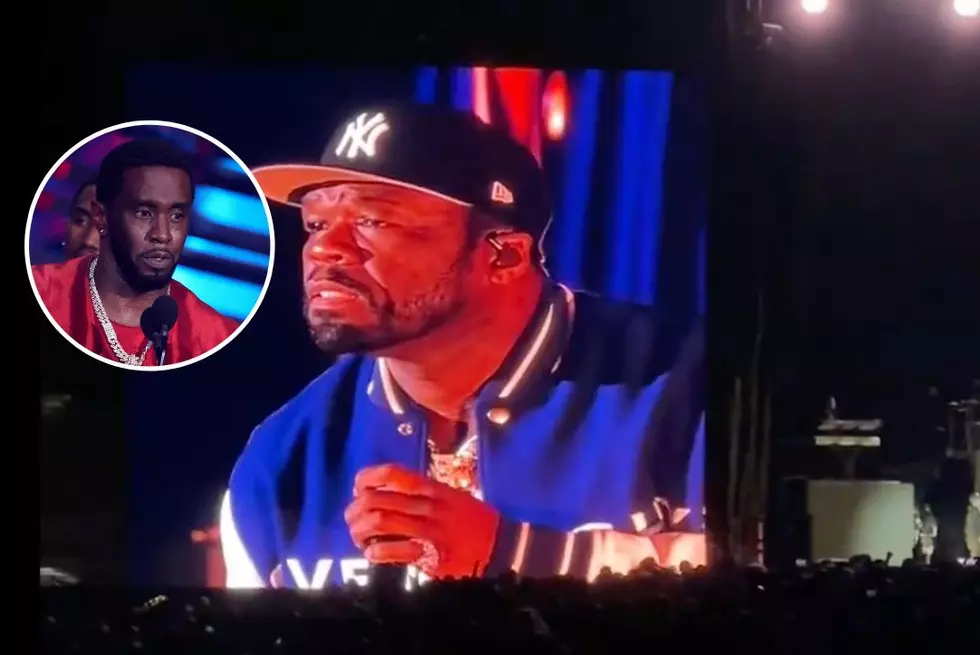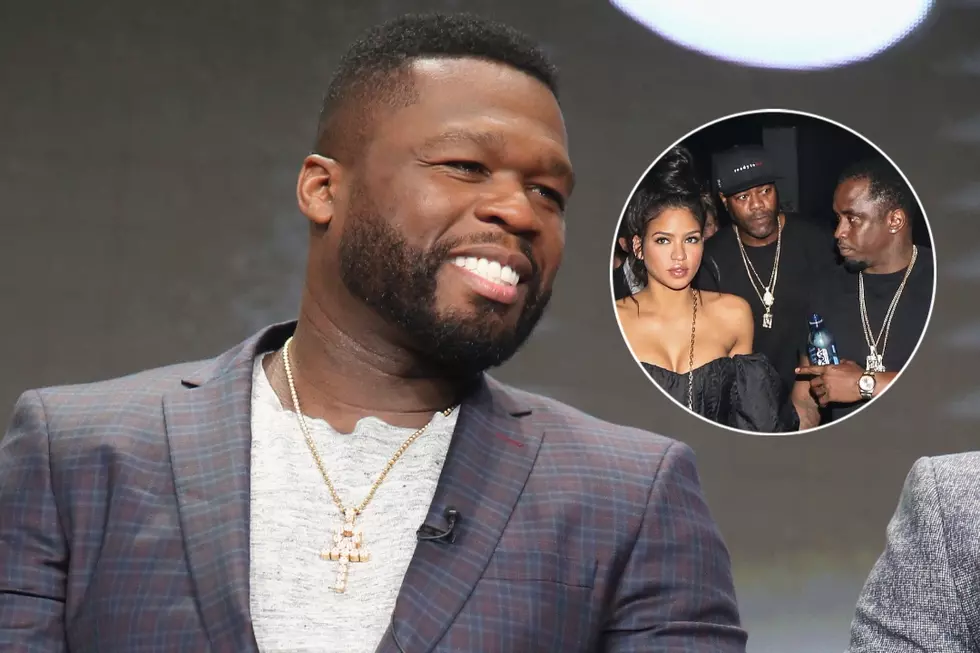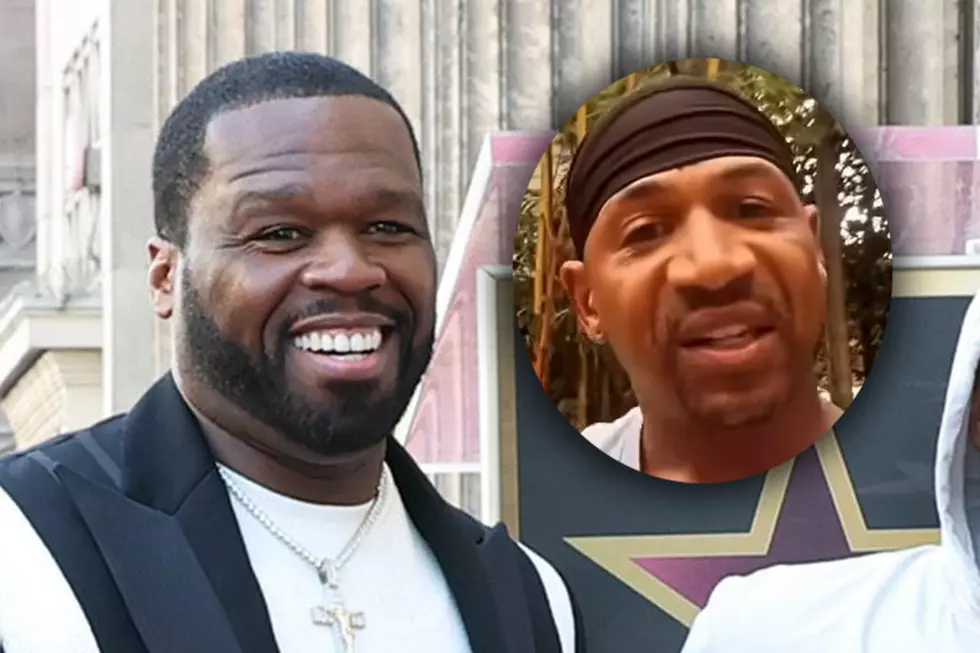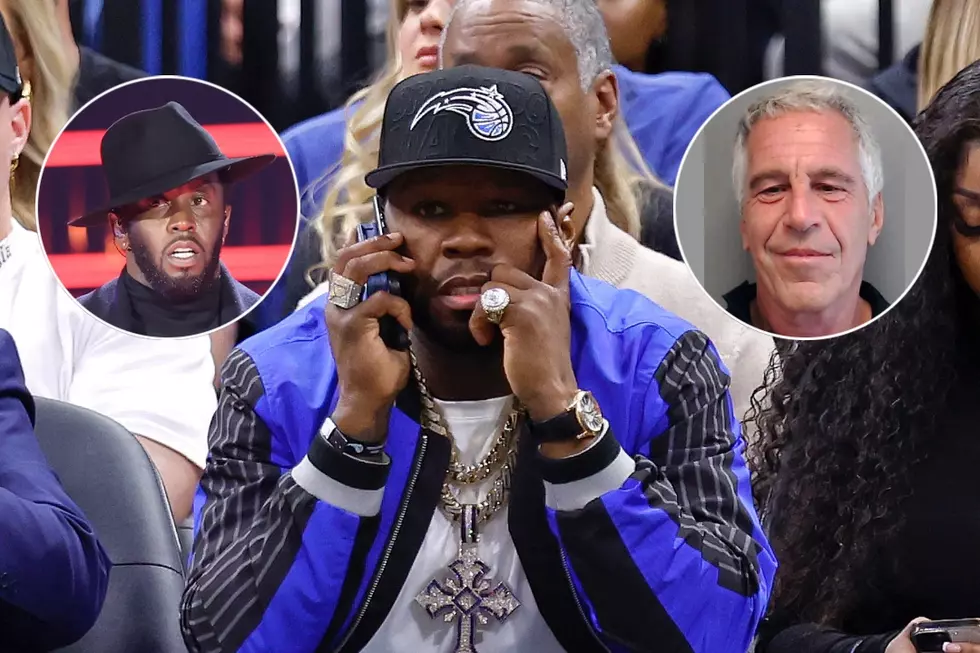
Chris Lighty’s Legacy and Influence on Hip-Hop
Chris Lighty’s extensive career in hip-hop can be highlighted in various stages, from his humble beginnings in the Boogie Down to his international business acclaim as a leader at Primary Violator. Lighty’s best known, however, for an acumen that has earned great profits for his roster of clients, such as 50 Cent, LL Cool J, Missy Elliot, and Busta Rhymes. But like many other prominent boardroom executives in hip-hop today, Lighty didn’t earn his M.B.A. at a prestigious college, he learned the rules of the game through the streets, and under the tutelage of the right mentors.
Raised in the Castle Hill section of the South Bronx, Lighty was exposed to the Zulu Nation DJs at the Bronx River Projects at an early age. While he was closely affiliated with the legendary New York DJ Red Alert, and served as the revered DJ’s crate carrier/bodyguard, when his mind wasn’t entangled in hip-hop, him and his crew, nicknamed by Red Alert as “The Violators,” were involved with things that were more criminal minded.
But Lighty’s passion eventually earned him roles such as the road manager for Boogie Down Productions, and overseeing the day-to-day activities of Red Alert’s groups, including the Jungle Brothers and A Tribe Called Quest. As the manager of the Jungle Brothers, Lighty learned the real power of the music business was with the people who offered the contracts, not those who were signing them. This realization led him to make a go at the brighter confines of the corporate world.
Lighty’s street savvy, and willpower to get the job done, earned him a respectable nod from the then up-and-coming Def Jam executive Lyor Cohen, who, with the approval of Russell Simmons, decided to bring Chris Lighty into his close circle. The partnership soon excelled as Lighty—after his tenure at Rush Artist Management—took on a pivotal role in remolding Def Jam’s infrastructure in the early ‘90s. A crucial example was his grit to assure Warren G’s signing with Def Jam, which single handedly revitalized the hip-hop label’s then crumbling stature.
In addition, Lighty’s successful solo venture, Violators Management, was founded around a set of notable hip-hop figures, including LL Cool J, Busta Rhymes, A Tribe Called Quest, and Missy Elliot. Finding money streams, and developing artist’s income beyond music was something Lighty's Violator company understood at an early stage, as he often accomplished the unthinkable: bridging corporate clients with hip-hop, without risking the edgy credibility of his artists. LL Cool J’s run with the Gap, Busta Rhymes’ Hollywood movie roles, A Tribe Called Quest and Missy Elliot’s stint in Sprite commercials, were all successful endeavors orchestrated by Lighty and his team.
His most publicized, and successful, business deal, though, was maximizing 50 Cent's endorsement deal with Glacéau Vitaminwater; rather than take a fee in exchange for 50's services, Lighty pushed for an ownership stake in the beverage company. The initial investment 50 Cent owned in the bubbling brand multiplied to astronomical figures when Coca Cola purchased the company for an incredible $4.1 billion. This awarded both 50 Cent, and Chris Lighty as the artist’s manager, a sumptuous batch of undisclosed wealth.
Although Lighty shared a street-oriented past with many of his clients, he detached himself from the rumbling days of his youth. Only when necessary would his old demeanor re-appear (in Dan Charnas’ Big Payback, many of Lighty’s daring gestures are detailed). But even throughout the violent quarrel between his client 50 Cent and Ja Rule’s Murder Inc., where Lighty’s then Violator office and vehicle was riddled with bullets, Chris Lighty insisted the turbulence stay on wax. He told XXL in 2003, “The reality is that we could all make money and never have to cross paths. It’s very childish and foolish to put people’s lives in jeopardy…”
Throughout his career, while holding various executive positions at Def Jam, Jive, Loud, and Brand Asset Group (which he co-founded), Lighty steadfastly kept Violators Management as a separate entity. Last year, however, Violator merged with Primary Wave, another artist management firm with a diverse clientele of musical acts, thus forming Primary Violator, where he served as chief operating officer. It was to be his third act in a long, distinguished career in the music industry.
A pioneer in multiple fields of hip-hop’s business, Lighty's friends and close affiliates will always remember him for his calm demeanor, affable personality, and genuine love and passion for the culture. Passing at the mere age of 44, Chris Lighty, who was referred to his old friends as “Baby Chris” (including Q-Tip who famously said on A Tribe Called Quest’s “What?”: “What’s Chris Lighty if he wasn’t such a baby?”), will also forever be cherished by hip-hop as one of its brightest sons. Rest in power.—Jaeki Cho (@JaekiCho)
More From XXL
